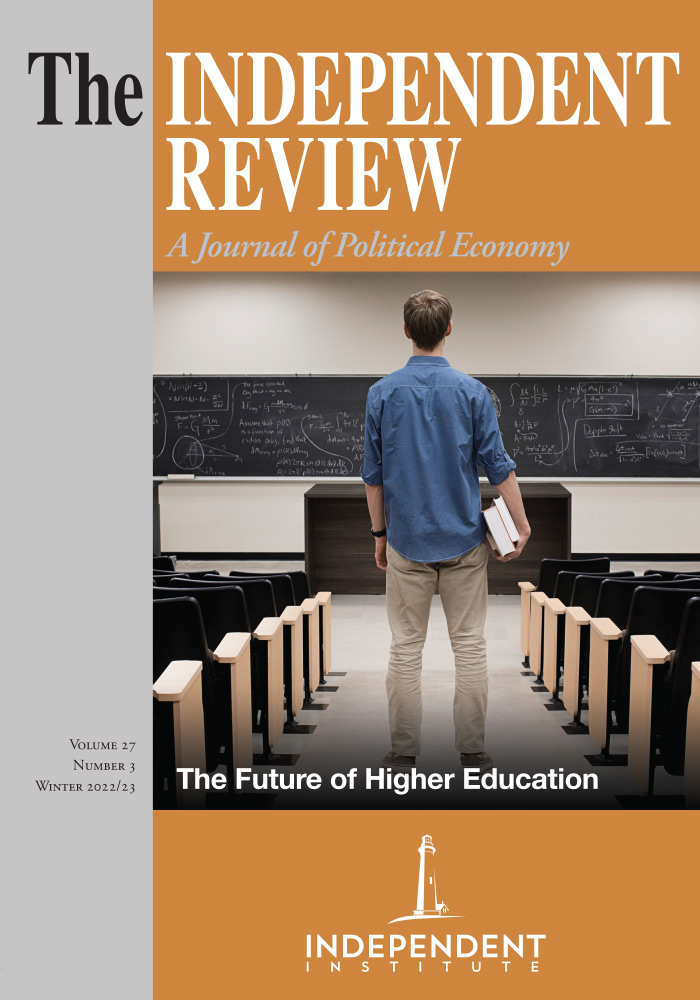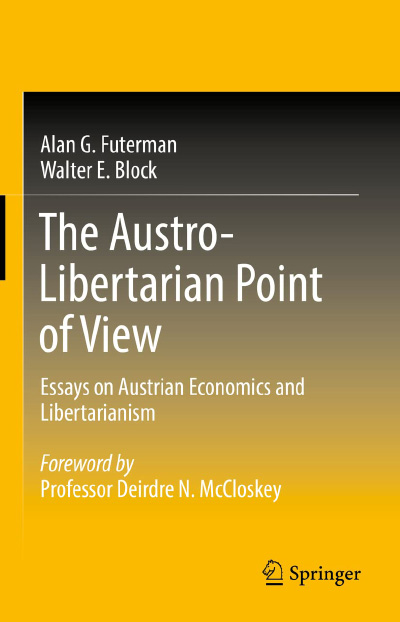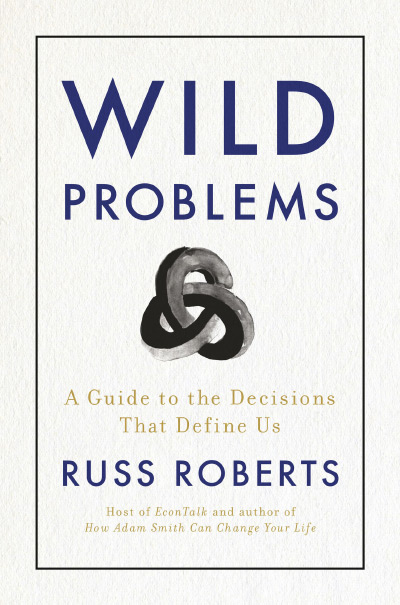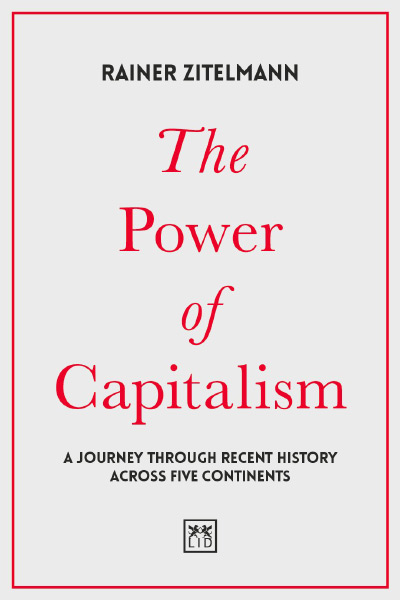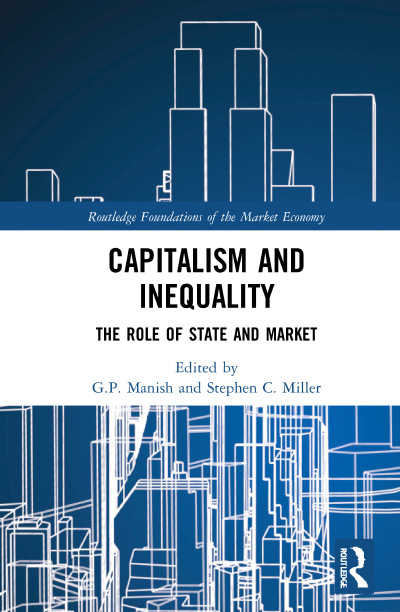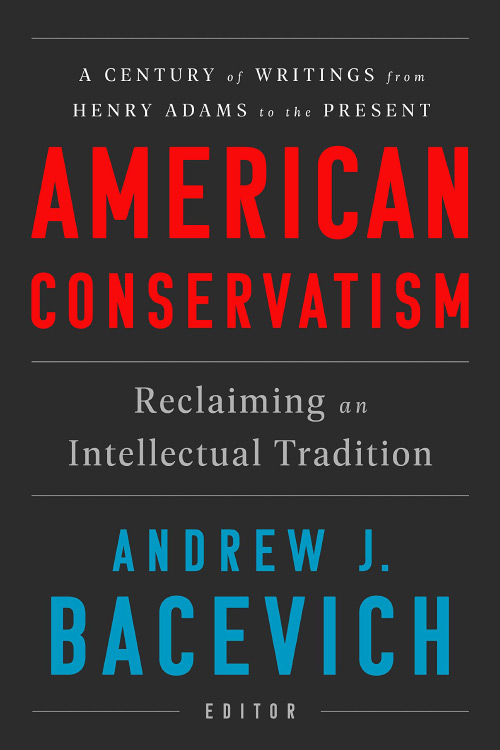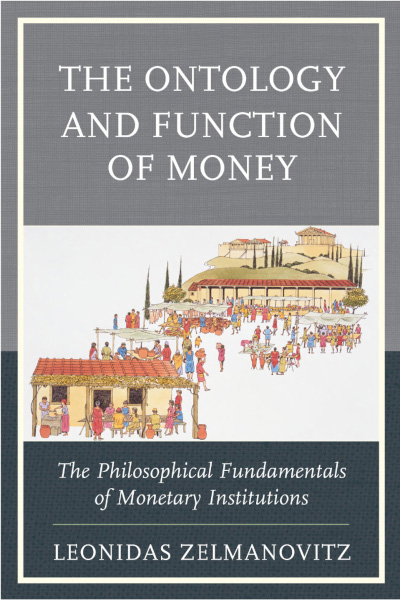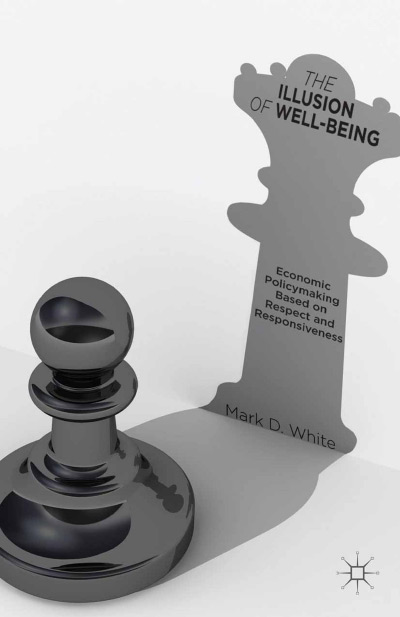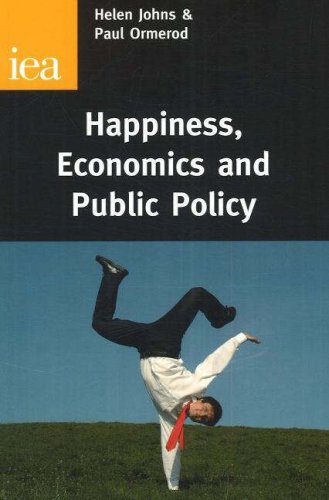The phrase “Austro-libertarian” in Alan Futerman and Walter Block’s The Austro-Libertarian Point of View is not without controversy. Austrian economics is positive social science, and libertarianism is normative political philosophy. We might worry that explicitly merging them invites sloppiness in both directions.
However, Austrian economists frequently tend to be libertarians, albeit not always of the natural rights kind, and radical libertarians do tend to like the Austrian way of doing economics. It does feel like there’s something distinctive about the approach taken by people who adopt both. So, it might be worth trying to unpack what that is, and how the ideas fit together.
Despite the title, Futerman and Block’s book isn’t focused on that question, at least not directly. There are some words on this in the introduction and conclusion, but as the authors say, they’re instead focused on “a collection of cases analyzed in light of [their] perspective” (p. xvii). Moreover, these cases are often responses to particular lines of critique that assume some prior familiarity with both Austrian economics and libertarianism, especially of the forms preferred by the authors. Rather than a full-scale introduction to Austrian and libertarian thoughts on world trade and how they come together, for instance, the “International Economics” chapter is based around replying to Nassim Taleb on comparative advantage and critiquing the Prebisch-Singer deterioration thesis. That said, there is much to read between the lines about how the positive and normative are meant to mesh in these chapters, and a good deal to think about for readers with prior familiarity and interest in “Austro-libertarianism.”
The book begins with a foreword from Deirdre McCloskey, which is outstanding and well worth reading on its own. There she recounts her own first encounters with ideas like Futerman and Block’s and offers the suggestion that much of what they critique in neoclassical economics is better specified to its “Samuelsonian” form.
Futerman and Block then begin with a chapter on praxeology, that part of economic theory that Austrians have traditionally held to be derivable from an a priori analysis of action. Rather than hard rationalist interpretations of praxeology common in the past among Futerman and Block’s sphere of Austrian economics, they adopt Roderick Long’s Wittgenstein-inspired approach. This chapter then naturally leads to the second, microeconomic-focused chapter, which critiques cardinal utility.
The third chapter, on labor economics, then applies both Austrian and libertarian thought of the kind the authors endorse to controversies surrounding the minimum wage. In short: libertarianism shows us that minimum wage laws violate the natural rights of would-be contractors; Austrian economics shows us that such laws are near guaranteed to have disemployment effects. The latter is only near guaranteed due to how things would differ in conditions of monopsony and oligopsony, but the authors reject this as empirically implausible “with the possible exception of highly skilled scientists, engineers, [and] chemists who have only a few potential employers in their narrow fields,” who are nonetheless highly paid (p. 65 – 66).
This chapter is one of the weaker ones. The economic and ethical points are both made here, but they seem more like separable bullet points than components of an integrated case. Moreover, for anyone already familiar with ethical and economic critiques of the minimum wage, the chapter doesn’t offer much that is novel, and the rejoinders to common defenses are a bit quick.
For example, the reason minimum wage legislation does not receive quite the universal dismissal it once did among economists is a combination of the monopsony model and some empirical work that looks consistent with it. Futerman and Block give no praxeological objection to the monopsony model, so they must agree it is in principle possible. Yet all the attention Futerman and Block afford this important source of controversy is three sentences that simply assert its empirical absurdity without argument (p. 65 – 66). There is a footnote to a 2009 paper coauthored by Block, but for the chapter to be informative for anyone familiar with recent discussions, more should be said here.
So too do Futerman and Block skirt quickly over some ethical dimensions of labor relations. In a paragraph, they reject the idea of a power imbalance between workers and their employers, by saying, no, the situation is instead intra-worker and intra-employer competition. For the kind of point they are replying to, this is a non sequitur. Sophisticated defenders of the minimum wage, and certainly people concerned about power imbalances in the workplace are well aware of this competition. Broader theories of workplace power often incorporate it into their explanation.
This is not meant to say Futerman and Block are wrong to reject minimum wage laws—I fully agree with that conclusion, and much of the argument they give for it. Rather, the point is that their case will be less persuasive than it could be to competent interlocutors.
The following chapter, by contrast, is novel, interesting, and strong. This is their macroeconomic contribution: an addendum to Austrian Business Cycle Theory that Futerman and Block call “Austrian Government Cycle Theory” (p. 69). In traditional ABCT, the boom and bust of the business cycle is caused by resources misallocated by private actors who are systematically misled by government manipulations of money and credit. Futerman and Block rightly observe that direct government expenditures have greatly risen since the development of ABCT, and suggest that while this does not invalidate ABCT, something more should be said to account for it. That something more is AGCT, based in the direct misallocation of resources by governments. Among the points Futerman and Block stress is that the state can artificially subsidize overly roundabout production structures, leading to a longer timespan than traditional business cycle booms with graver contractions (p. 77 – 78).
Chapter five then deals with international economics in two parts. The first part is a reply to a critique of comparative advantage given by Nassim Taleb. The second is a critique of Hans Singer and Raúl Prebisch’s deterioration thesis. Both are relatively thorough and serve to bolster the economic case for free trade.
Chapter six moves to political philosophy, again in two parts. The first is a defense of anarchism against “a priori statism” and minarchism, and then the second defends anarchism against some objections leveled by Robert T. Miller. That first part presents a trichotomy between a priori total statism (which holds that government is a priori the solution to all social problems), minarchism (the nightwatchman state idea of a government exclusively limited to protecting libertarian rights), and anarcho-capitalism (in which the state is abolished with rights protection and dispute resolution open to the market). If this trichotomy strikes you as less than exhaustive, Futerman and Block say that they treat it as “a generalization ... of the implicit premise behind statism: the state is, essentially, the only viable institution to guide society” (p. 137). It is this premise that they say the mixed economy advocate, or even a social anarchist (who rejects both the state and private property) falls back upon, even if they do not explicitly accept it in full.
This approach is puzzling. Most obviously, the social anarchist who explicitly rejects the state does not believe “the state is the only viable institution to guide society,” as they propose and actively promotes non-state institutions. It is also false, though, of those who are fairly thoroughgoing but not total statists. Political philosophers and economists of this stripe tend to have principled reasons for why certain concerns are within the legitimate scope of government. Those who are also liberals insist upon government being limited to that scope, even if that scope is far beyond what any libertarian would accept. They provide specific reasons for their proposed scope, and those reasons are not reducible to “the state is the solution to all social problems, and this is a social problem.”
At times, Futerman and Block seem to be making a subtler point that this premise almost subliminally sneaks its way into many writers’ thinking. This could be true even if their targets would reject any explicit statement of that idea. That subtler point, however, would be better served by highlighting places where targets fall into reasoning as if “a priori statism” is true, rather than establishing the more obvious point that the idea is false.
The criticisms offered by Miller, to which Futerman and Block respond in the second section, are along two lines. First, that cases of market failure and public goods are ones in which the state can more efficiently provide goods than the market, and second, that the seemingly commonsensical libertarian rejection of aggression must smuggle in some less straightforward assumptions to be made concrete (p. 138 – 139). Futerman and Block respond to the first criticism by denying that there are any market failures, and also by arguing that public goods are ultimately a normative, political concept (p. 140 – 151). Despite agreeing with Futerman and Block about the economic and ethical superiority of market anarchism, I do not think their case against market failures and public goods as-such is persuasive. However, the authors raise many interesting philosophical issues with those concepts along the way, and these are worth thinking through. In reply to the second criticism, they offer some reasons for thinking libertarian rights are more conclusive (p. 151 – 156).
Chapter seven on “Law,” outlines several cases in constitutional law through which Futerman and Block argue that liberty has been eroded. Chapter eight, on “Public Policy” is another two-part chapter, the first on the war on drugs, the second on pandemic response. The first of these is similar to the previous discussion on minimum wage laws in being a quick overview of familiar moral and economic arguments given by libertarians on the topic. The second is much more interesting, in part because there are no such familiar moral and economic arguments given by libertarians on pandemics, seeing as they have been almost totally undiscussed until the last few years.
Some of Futerman and Block’s suggestions are provocative, especially given their audience. For instance, they suggest that when a pandemic is in swing, businesses should be open to lawsuits when they fail to take precautions and their customers get sick (p. 192). This is one of the most interesting parts of the book, so it is unfortunate that it only takes up three pages.
In their concluding remarks, Futerman and Block return to the question of “Austro-libertarianism,” so that is where I will return in mine. In some places of their book, Austrianism and libertarianism are compellingly integrated. Most notably, this is true of their “Austrian Government Cycle Theory.” This is a thesis of positive social science that will much more readily occur to someone with libertarian normative views, seeing as they will be especially aware of the state’s pervasive and destructive role in the modern economy. The relationship is less clear in places like their discussion of minimum wage laws, where the economic and normative arguments are made alongside one another, but with each seeming a bit beside the point of the other. There are also points where attempted integration might hinder their analysis, as when they reject an economic concept like public goods in part for the way it has been used politically (p. 146 – 148). For those interested in Austrian economics and radical libertarianism, it is worth reading Futerman and Block’s book to see the benefits and hazards of their attempted integration.
| Other Independent Review articles by Jason Lee Byas | |
| Spring 2024 | Seeing the State through For a New Liberty |

